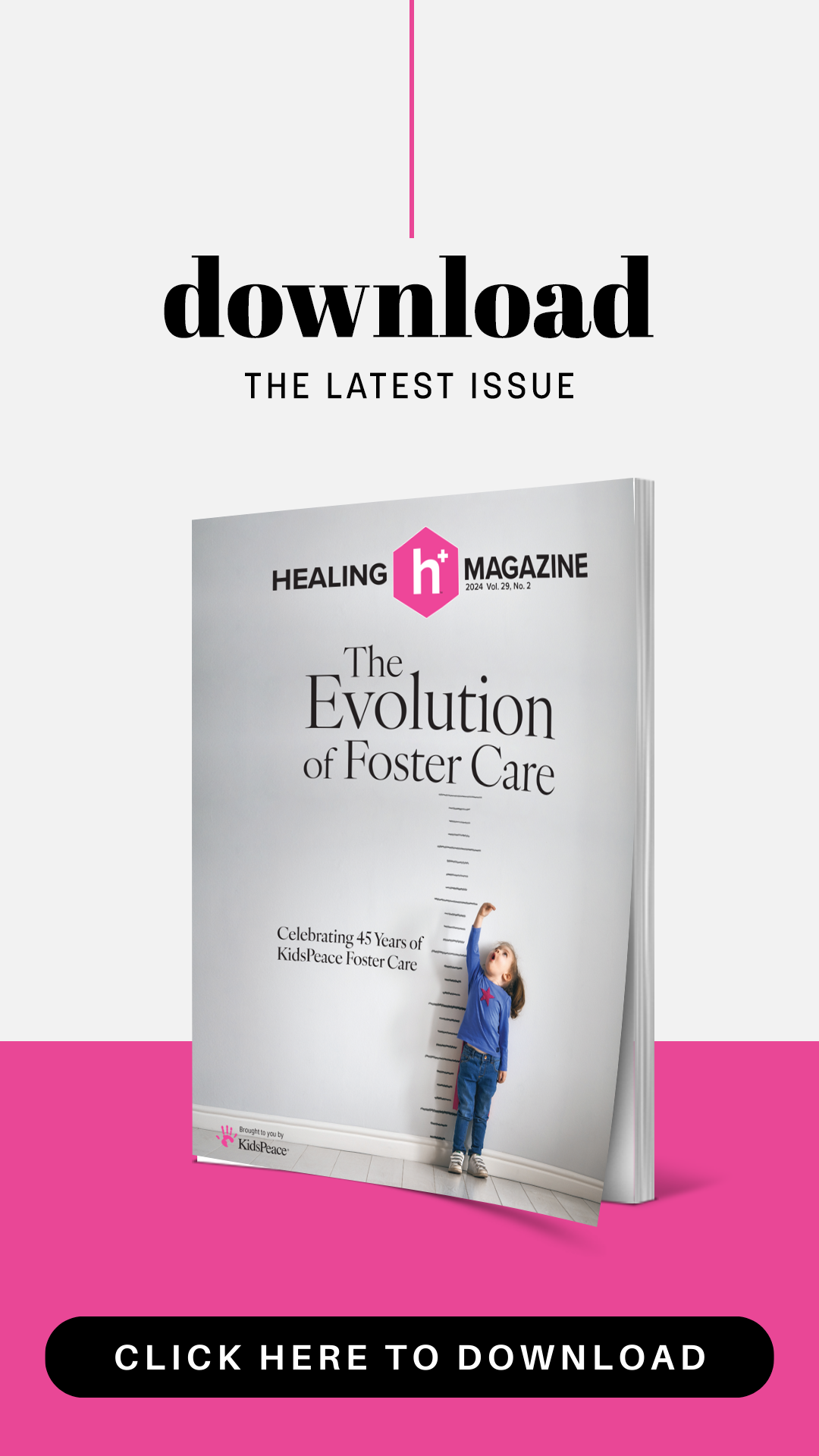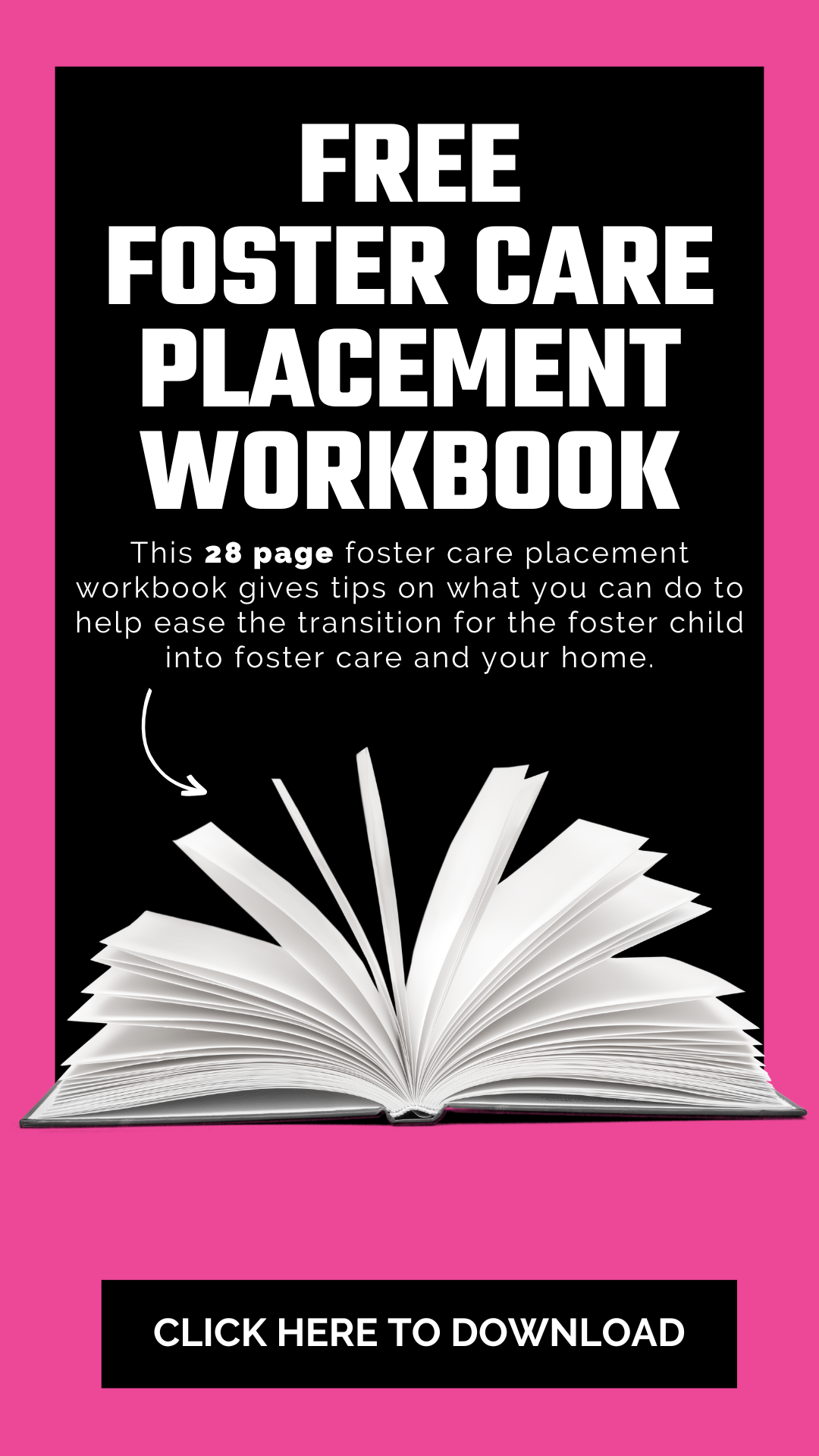
Once a child leaves a foster home, it’s not at all unusual to find that ongoing contact and communication between a foster parent and child doesn’t occur. Often times, the foster parent loses track of the whereabouts of the child, or is discouraged by agency policy and procedure about continuing an ongoing relationship with the child. In actuality, staying connected in a relationship with a foster child after reunification can have several benefits for both the child and the foster parent.
The Benefits of Staying Connected with a Foster Child After Reunification are:
1. Continuity of Support:
Maintaining a relationship provides ongoing emotional support and stability for the child during the transition back to their birth family. The foster parent can continue to be a consistent and trusted adult in the child’s life, offering guidance, encouragement, and reassurance long after the child returns home.
2. Positive Influence:
The foster parent can continue to serve as a positive role model for the child, reinforcing the values, skills, and behaviors they have learned during their time in foster care. This ongoing connection can help the child navigate challenges and make healthy choices in the future.
3. Emotional Connection:
For the child, maintaining a relationship with their former foster parent can provide a sense of continuity and belonging, especially if they have formed a strong bond during their time in care. This connection can help mitigate feelings of loss or abandonment associated with the transition.
4. Resource and Support Network:
The foster parent can remain a valuable resource and support network for both the child and their birth family, offering guidance, advice, and assistance as needed. This collaborative approach can contribute to the child’s overall well-being and stability.
5. Validation of Experience:
By maintaining a relationship with the foster parent, the child’s experiences in foster care are validated and acknowledged. This can help the child process their emotions, understand their journey, and integrate their past experiences into their sense of self.
6. Fulfillment for the Foster Parent:
For the foster parent, maintaining a relationship with the child can be personally fulfilling and rewarding. Seeing the child thrive and succeed, even after reunification, reinforces the impact of their care and investment in the child’s life.
Overall, maintaining a relationship with a foster child after reunification can support the child’s emotional well-being, provide ongoing support and guidance, and contribute to a positive sense of identity and belonging for the child. It also allows the foster parent to continue to play a meaningful role in the child’s life, even as they transition back to their birth family and into young adulthood.


